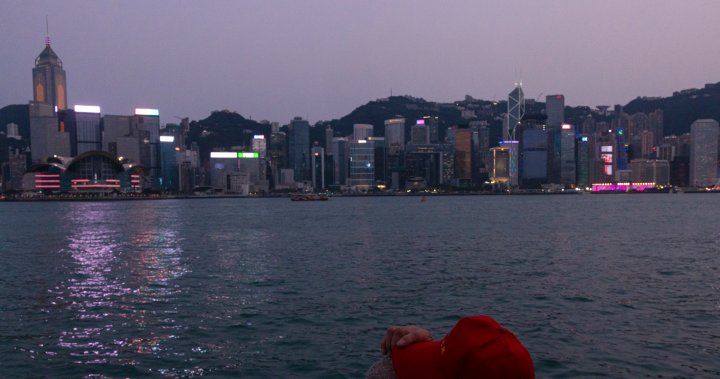
Foreign lawyers restricted from working on national security cases in Hong Kong
Global News
The use of foreign lawyers by both prosecutors and defence has long been part of the rule of law traditions in the former British colony.
Hong Kong’s legislature passed a legal amendment on Wednesday to prevent foreign lawyers working on national security cases, a restriction critics say will undermine fair trials and the right of defendants to choose their lawyers.
The amendment enshrines in law a ruling from China’s top lawmaking body last December that Hong Kong courts must get the approval of the city’s leader before admitting a foreign lawyer without Hong Kong qualifications for national security cases.
The use of foreign lawyers by both prosecutors and defence has long been part of the rule of law traditions in the former British colony and in recent years some have become involved in defending critics of the Beijing-backed city government.
The December ruling by China’s National People’s Congress Standing Committee followed an appeal to it by city leader John Lee after the city’s Department of Justice had tried unsuccessfully to block British lawyer Timothy Owen from defending media tycoon and China critic Jimmy Lai.
Lai, 75, founder of now shut pro-democracy newspaper Apple Daily, faces a total of four charges under the security law and a colonial-era sedition law.
Under Wednesday’s amendment, a foreign lawyer can not get involved in national security cases unless the city’s leader has sufficient grounds for believing that the lawyer’s involvement is not contrary to the interests of national security. It will be decided case-by-case.
Defending the amendment, Secretary for Justice Paul Lam told the city’s Legislative Council that Hong Kong had more than 100 senior counsels and 1,500 barristers, so defendants could choose suitable legal representatives among them.
“The bill complies with … the Hong Kong National Security Law on respecting and protecting the human rights and freedoms, nor does it deprive any people’s legal rights,” Lam said.










